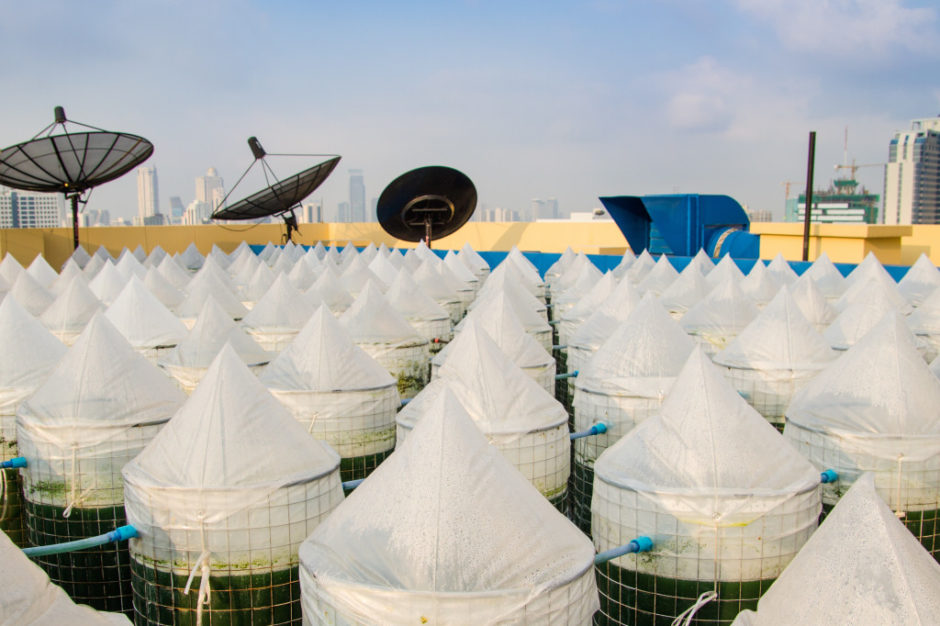Stanford Social Innovation Review | Spring 2018

Growing the blue-green algae spirulina, an increasingly popular “superfood,” doesn’t just yield a nutritious dietary supplement. It also combats climate change and, due to advances in the way it’s produced, can give individuals with limited resources a new way to generate income. “Spirulina is packed with protein, vitamins, and minerals, and can make a real impact on food security and sustainability,” says Saumil Shah, the founder of EnerGaia, a company that grows the microalgae.
This story appeared in the print edition of Stanford Social Innovation Review magazine as well as online. Continue reading the story here.